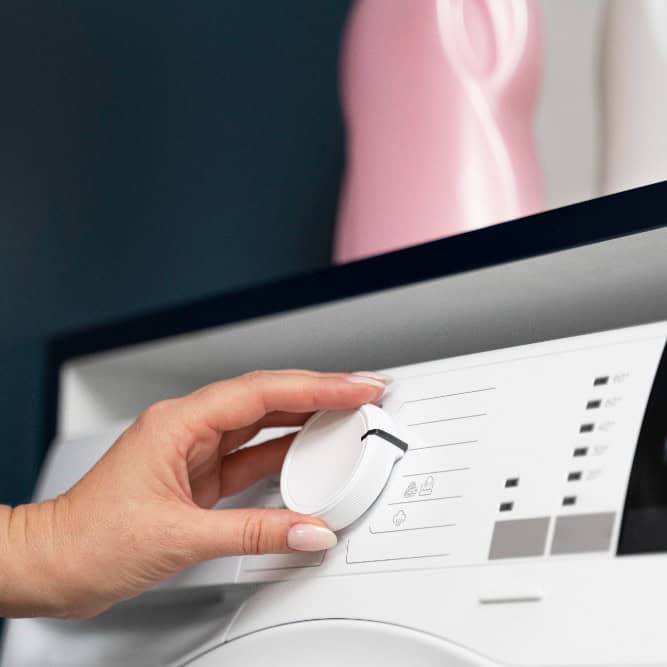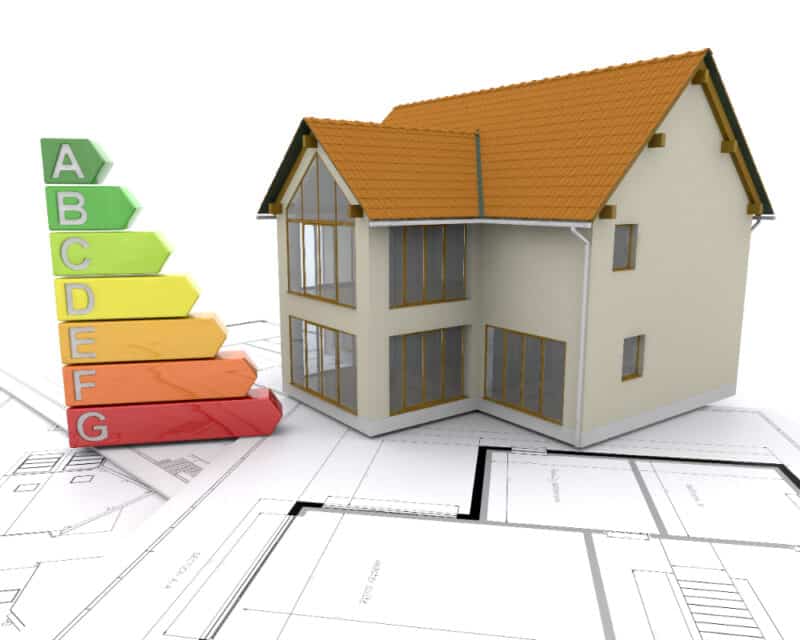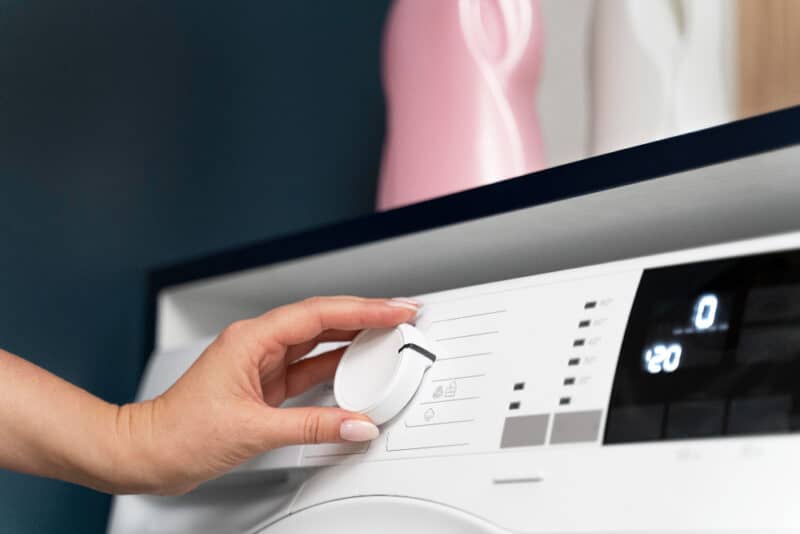Looking for easy options and trying to make your home more energy efficient? There is no need to break the bank by buying the most exclusive equipment in the market for it. Despite the rising cost of living, the good news is that there are many easy and affordable changes you can make if you are trying to save energy and reduce bills.
Here’s a way to make big changes in a small package—these adjustments will have a big effect on your bills and your comfort. Learn how you can get started on your energy-saving journey.
1. Check Your EPC Rating
An Energy Performance Certificate (EPC) rating indicates how efficiently you use energy. An EPC is valid for 10 years and is a requirement for all property holders. It projects your property’s CO2 emissions, energy consumption, and the cost of heating and lighting.
EPC ratings estimate the costs of your heating, cooling system, and carbon emissions. High costs mean that you have poor energy performance, and low costs indicate good consumption of energy with no wastage. This will help you understand what needs to be fixed. It’s best to consult your local EPC provider for your energy assessment and rating. For instance, if your property is located in Brentwood or Basildon, you should ideally get your EPC in Essex.
Your local EPC provider can perform an EPC check by collecting data on-site after visually inspecting for leaks, improper insulation, heating and cooling systems and using infrared thermometers. They then run the data through software to locate areas that need improvement.
2. Check for Air Leaks
Do you feel a draft when you close the windows? If yes, you could be dealing with tiny gaps around windows, doors, or even your letterbox. It’s important to seal the sneaky air leaks through draft insulation, sealants, or weatherstripping.
These fixes are relatively cheap and can make a huge difference in overall energy efficiency. By keeping warm air inside, you keep your heating system from having to work quite as hard, saving you money in the long run.
3. Switch to LEDs
Traditional light bulbs are known to consume a lot of energy and don’t last very long. To get better lighting at a low cost by consuming less energy, replace your old lightbulbs with energy-saving LEDs. They are less expensive, consume less energy, and give better results.
This is one of the easiest changes you can make to become more energy-efficient and cut down consumption costs. It’s a quick win, both for your budget and the environment. You can get the perfect lighting for every room while also saving on high energy consumption.
4. Control Temperatures
The biggest contributors to your energy bills are heating and cooling systems. Faulty systems, leaks, and improper insulation can consume more energy, which may end up creating budget issues for you. It is better to save smart and learn how to control the system and how it works.
After reducing or increasing the thermostat at a certain temperature, the systems don’t overwork and consume high energy. If you lower your thermostat by just 1°C, you can save on costs. You won’t notice the temperature difference, but you will see the savings.
Use a timer on your boiler if you have one. Set it to heat your home only in the mornings or evenings. To avoid wasting energy and control the heating on your phone, consider installing smart thermostats. These thermostats are a great, affordable investment that also helps you boost overall energy efficiency.
5. Call your Property Manager
Tired of outdated or inefficient heating systems, old windows, or old insulation? As a property owner, it’s best to work with a property management company that can manage these issues for you.
For example, if your property is based in Essex, reach out to a trusted property management company in Essex for a thorough inspection so that they can identify areas of improvement, like faulty systems, air leaks, and high energy bills. The property management experts will then hire contractors and other experts who can fix these issues for you.
Landlords are now legally required to check that their rental properties meet minimum energy efficiency standards. Getting new systems that are high value and low on consumption can help you become more efficient.
6. Use Appliances with Efficiency
Don’t sacrifice using your appliances. Instead, use them smartly with the help of these changes:
- Wash your clothes in the washing machine in one go. Using it in intervals can consume more energy. Wash your clothes at low temperatures, and do not use a tumble dryer.
- If you use a convection oven for cooking, do not cook in batches. Try to utilise space and keep temperatures in check if you are trying to save on costs.
- Turn off the lights when you are not in the room. This one little change can make a huge difference in your energy bills.
These changes may seem small, but they can add up to big savings over time.
7. Save Instantly by Using Insulation
Want to keep your home warm in the winter and cool in the summer? The answer to your question is insulation. If your home is not properly insulated, you may be losing heat and money as a result of excessive consumption.
Insulation slows heat transfer through conduction, convection, and radiation. This maintains your indoor temperatures. It traps air in materials like fibreglass or foam, reducing heat loss in winter and heat gain in summer.
While professional insulation can be expensive, other options, like insulating your loft hatch or putting up thermal curtains, are all fairly priced DIY options to consider.
8. Seek Advice
It is okay to look for support. If you don’t understand energy bills and reasons why you should get your property checked, consider consulting and speaking with a professional.
If you can’t afford providers that offer consultation and discounted prices, look for local councils. These local councils often offer advice, grants, or discounted services to people in need of aid.
You can also get free or subsidised insulation and boiler upgrades from some companies if you are under warranty. Take a quick look online to explore your options locally.
9. Look Out for New Energy Suppliers
If you haven’t thought about comparing your energy supplies, do it now! Switch to a cheaper tariff or a green energy provider. This can help you save hundreds of pounds every year.
It is easy to switch and compare energy suppliers with the help of some websites and tools. It only takes a few minutes, and the savings are well worth it.
10. Go Steady, Go Green!
Solar panels, self-sufficient energy systems, self-cleaning systems, heat pumps, and appliances that consume controlled energy can help save on consumption costs. Clean energy is green energy, but the only drawback is that it is expensive and comes with installation and maintenance costs.
If you can’t afford the upkeep, save until you can. You’re better off keeping the changes small and affordable until you have the cash flow to back them.
Every little bit helps, and you can make your way towards those bigger upgrades over time. You don’t have to become a green living machine overnight. If you take it step by step, you will get there.
Big Impact Comes from Small Changes
It is possible to make your home more energy efficient, even when you’re on a tight budget. Make some small changes, such as closing off drafts and switching out your lights, and that is how you can save money and lower your carbon footprint.
Get your EPC rating, learn and understand how energy consumption works, and change the way you consume energy by becoming more efficient and eco-friendly.
Go small, stick to something, and enjoy the savings on a tight budget!



